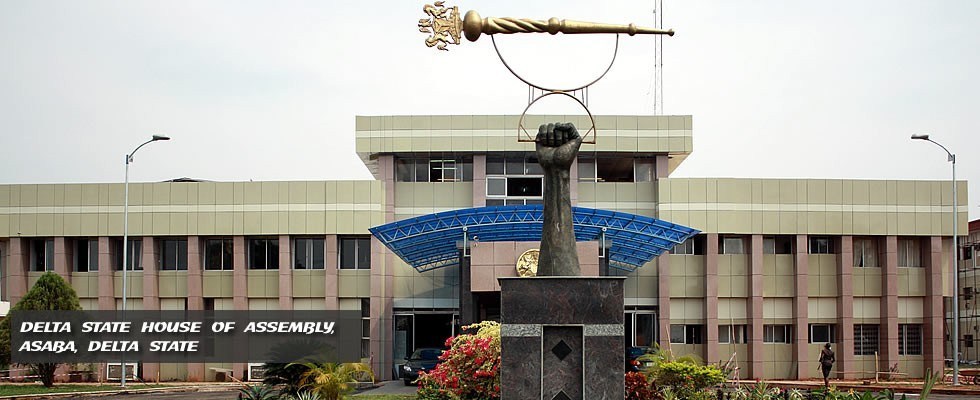News
Supreme Court Ruling Strengthens Local Government Autonomy in Nigeria


By Francis Sadhere, Warri
In a landmark decision with far-reaching implications, the Supreme Court of Nigeria has delivered a judgment that significantly bolsters Local Government Area (LGA) autonomy across the nation.
In its lead judgement that was delivered by Justice Emmanuel Agim, the apex court held that no House of Assembly of any state has the power to make laws that could, in any manner, interfere with monies meant for the LGAs.
The rolling which sets a precedent for governance and resource management, has been hailed as a victory for grassroots democracy and financial accountability.
The Supreme Court’s judgment effectively limits the power of State Governors in Nigeria, stripping them of the authority to dissolve democratically elected Local Government officials.
This move is expected to fortify local democracy and ensure the stability of governance structures at the grassroots level, empowering local communities and enhancing decision-making processes.
Furthermore, the ruling abolishes the practice of appointing Caretaker Committees by state governors to temporarily manage local governments.
This step is seen as a crucial measure in promoting the election of legitimate local government officials and fostering transparency and accountability in local governance.
One of the most significant implications of the Supreme Court’s decision is the directive for federal allocations to be sent directly to local governments, bypassing state authorities.
This move aims to ensure that funds earmarked for local development projects reach their intended destinations without being diverted or misappropriated by state governments, thereby spurring grassroots development and service delivery.
Moreover, the ruling restricts state access to funds allocated for local government areas, preventing the misuse or misappropriation of resources intended for local-level projects and services.
By promoting financial independence and accountability within local governments, this measure aims to enhance the delivery of essential services and infrastructure at the grassroots level.
The Supreme Court’s judgment heralds a new era of strengthened local government autonomy in Nigeria, marking a significant milestone in the quest for decentralization, transparency, and good governance.
As the nation moves forward, the implementation of this ruling is expected to bring about positive changes in local governance structures and foster sustainable development across the country.

